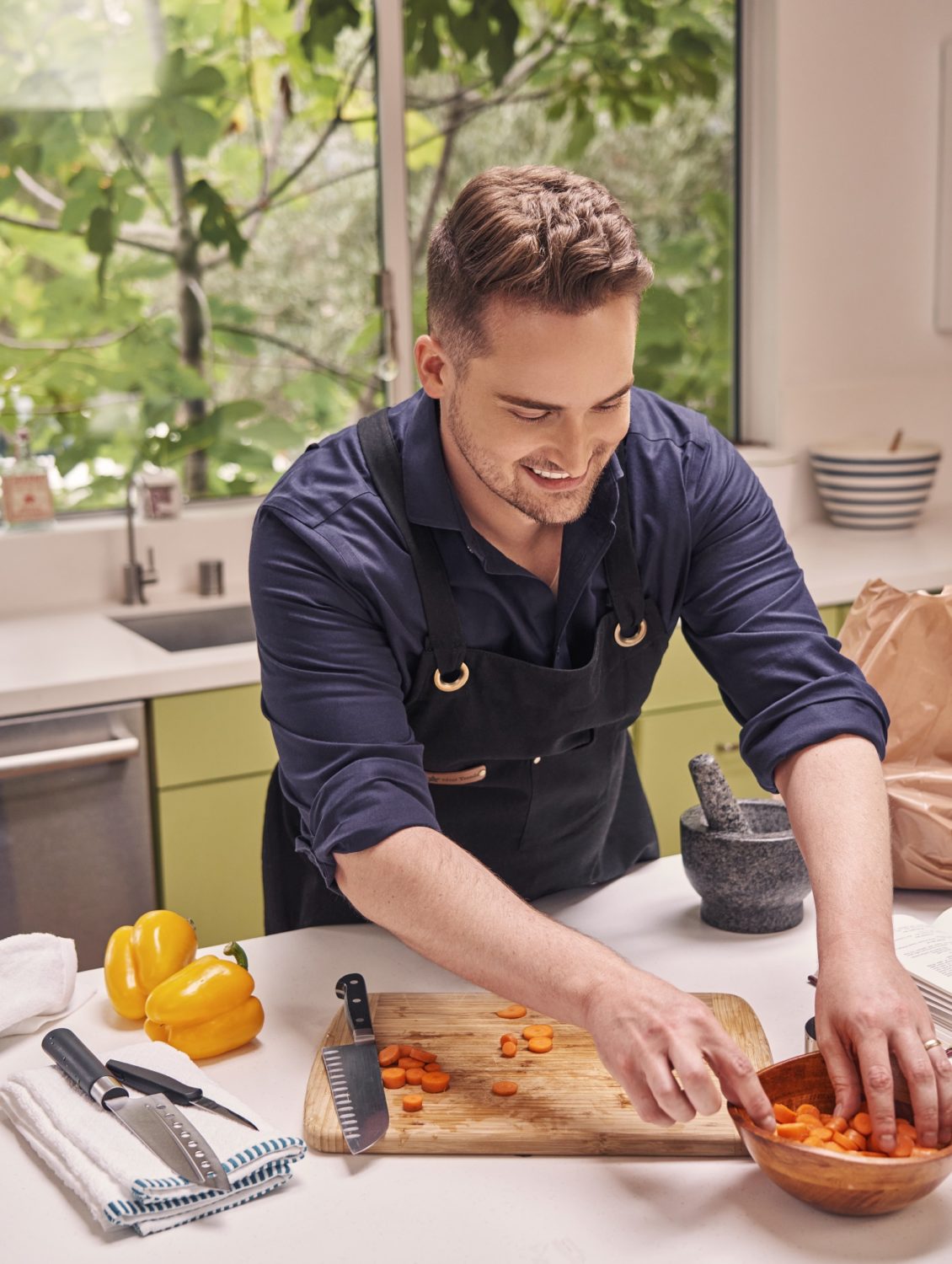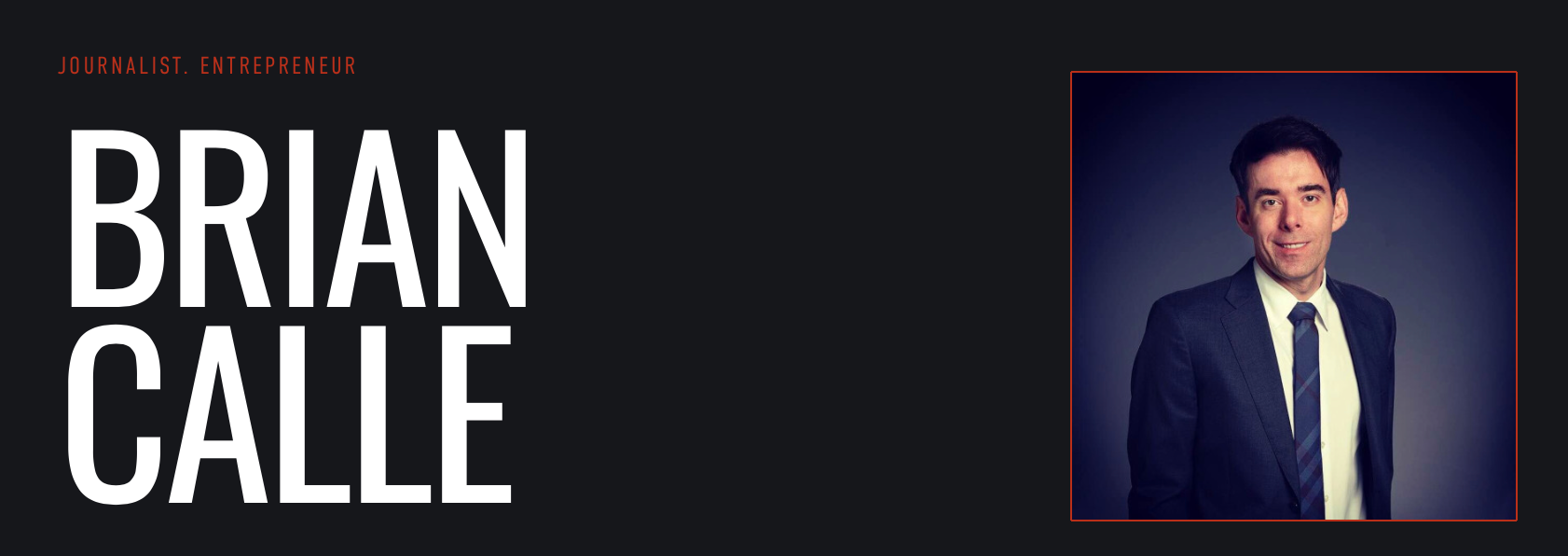Sick of cooking the same old recipes? Turn your kitchen into a time machine and change up your routine by cooking some old old recipes instead. We’re talking ancient.
Every Tuesday, Max Miller, the host and creator of the increasingly popular culinary history YouTube show Tasting History, takes kitchen newcomers, experts and bystanders on a historical trip through time via carefully chosen recipes of centuries past.
Max carefully dissects historical texts to find the perfect recipe, exploring its origins and the pressing topics of its time as viewers watch along as he attempts to recreate long-forgotten mealtime staples with perfection. His charming demeanor and impressive (and seemingly endless) wealth of knowledge has earned him quite the following. Tasting History’s audience has grown over 400k subscribers, with 13.5 million total channel views and counting. Inspired by the historical segments on The Great British Bake Off, the YouTube channel delves into how certain dishes were made from the Medieval & Renaissance Era, Ancient Greek & Roman times and other traditional foods from around the world.
On this week’s episode of the LA. Weekly weekly podcast, publisher and host Brian Calle, along with food editor Michele Stueven, go back in time to discover Max’s process, along with a few insider secrets about favorite dishes and impossible to find ingredients.
“Essentially what I do is pick a recipe from history – I’m working on one from Ancient Babylon which will be the oldest one I’ve done – all the way up to the 1920s,” Max shares. “I pick a recipe, I pick apart what I think it means depending on when they come from – they can be very vague – and then I recreate the dish as I think it would have been done using modern utensils.”
Max makes a point to modernize the recipes in a way that doesn’t affect their authenticity, but does make them more palatable for today’s home chefs.

“I’m not doing this over an open fire or anything. I’m trying to get it so people who are at home can feel comfortable also making this stuff – and I have a tiny kitchen, if I can do it anyone can do it,” he furthers. “The middle chunk of the episode is always the history of the food or the culture that was eating it, or sometimes it’s just kind of an adjacent story that I think is really interesting [from the same time period].”
A natural storyteller and talented teacher, Max knows his way around the kitchen.
“It’s really informative,” says Michele of his channel. “It really gives you an idea of the time and the culture.”
His latest episode revolves around recreating a recipe straight from Ancient Babylon. He’ll be attempting a beet and lamb stew from the Yale culinary tablets, a set of recipes found in Acadia.
“It’s really really hard because it’s not terribly specific in how it’s supposed to be done, and then there are two words in it that do not have a translation,” he describes the process. “There are different people who have translated it in different ways, and sometimes they just say ‘this is a word that we don’t know what it means.’ So when those kinds of things come up then I have to make the decision to go with the translation or make it up. There’s no wrong answer because there’s no right answer!”
One question we have to ask is: Does it all taste good, these ancient recipes?
“The food is fantastically interesting, regardless of how it tastes,” he tells our hosts diplomatically.
But does that mean it’s good, Brian presses.
“Sometimes it is … and sometimes less so,” he laughs. Sometimes it doesn’t match what his mouth expected, he explains.

The best dish he has tried so far?
“One of my favorites is called syllabub. It was very popular in the 1600s through mid 1800s and then it kind of disappeared. What it is, is some sort of liquor, usually sherry or wine of some kind, and cream and other flavorings and sugar. And then it’s all whipped up together. What you have at the end is an alcoholic whipped cream… . It’s fantastic, light, fluffy and easy to make,” Max answers.
What’s even more interesting are the dishes he wants to try but can’t. Some ingredients are difficult to replicate, others are downright impossible.
“The hardest ones to find are the ones where we don’t know what it was, that the word has no translation. Or things like I did an entire episode on, Silphium,” he shares candidly. “Silphium was a prized ingredient in Ancient Rome. So prized that they ate it into extinction. Some people think that it is still out there and we just don’t know what it is? But those are really hard to find, because we just don’t know what they are.” Others are hard to find because of their regionality, what is easy to get in England you may not be able to locate in L.A.
Tune into this week’s podcast to dig into the cornucopia of random historical culinary knowledge that is Max Miller. We’re already hungry for more!
Listen to the podcast here: Spotify, Apple Podcasts and Cumulus Los Angeles.
